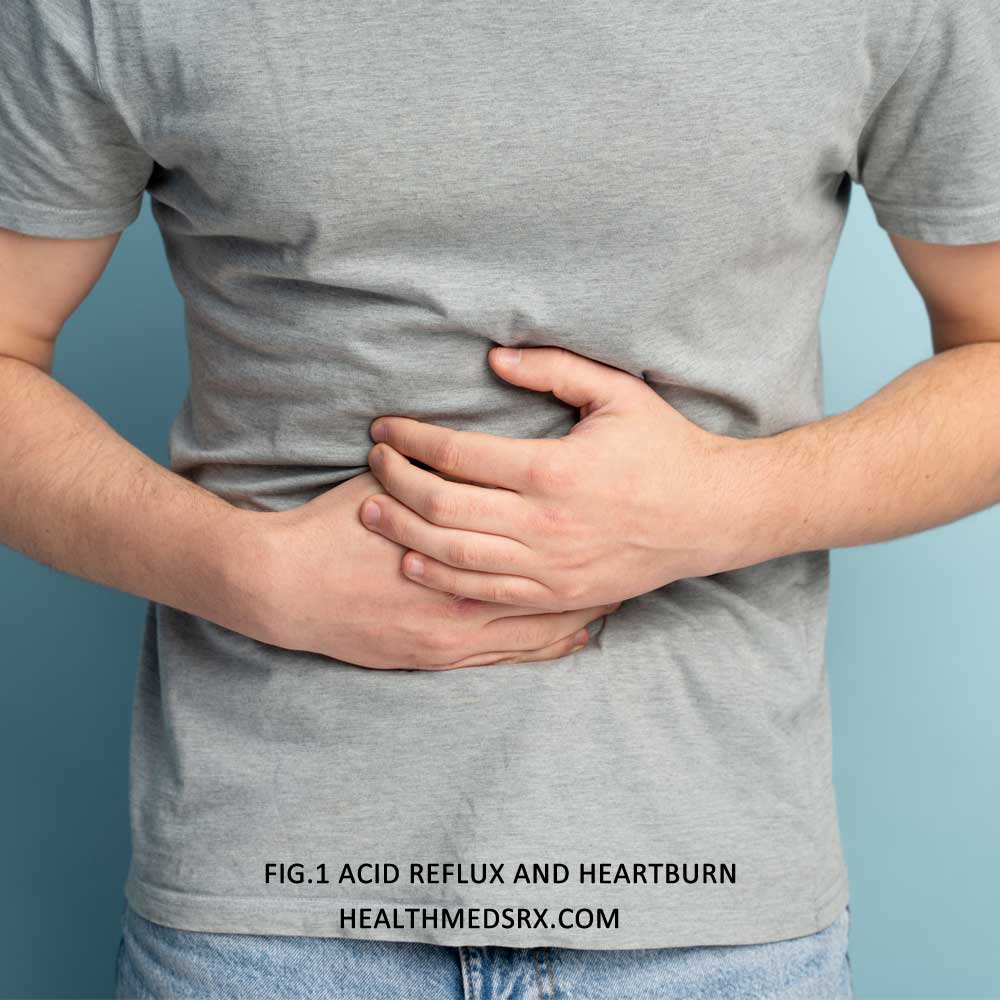7 Effective Tips to prevent Acid Reflux and Heartburn

Acid reflux and heartburn are the two most common digestive system disorders which can cause discomfort and interfere with daily life. If ignored, the burning feeling and stomach acid reflux into the esophagus can be distressing and cause further issues. You may thankfully take a number of proactive measures to avoid acid reflux and heartburn. In this blog post, we’ll look at seven practical suggestions that can help you avoid these ailments and maintain a healthier digestive tract.
Keep a Healthy Weight to prevent Acid Reflux and Heartburn
Carrying around extra pounds can put a strain on your stomach, pushing stomach acid upward and resulting in reflux. You can lessen your risk by keeping a healthy weight through regular exercise and a balanced diet. Aim for a body mass index (BMI) that is within the healthy range and seek advice on weight management from a medical practitioner.
Watch Your Diet to prevent Acid Reflux and Heartburn
Some meals and drinks are known to cause heartburn and acid reflux. Spicy foods, citrus fruits, fatty or fried foods, chocolate, coffee, carbonated drinks, and alcohol are typical offenders. Pay attention to how various foods make you feel and restrict or avoid those that consistently make you feel bad. Instead, choose a diet high in fruits, vegetables, whole grains, lean meats, and low-fat dairy foods.
Eat Smaller, More Frequent Meal
Smaller, more frequent meals should be consumed since large meals might place additional strain on the lower esophageal sphincter (LES), the muscle that prevents stomach acid from rising into the esophagus. Try eating smaller, more frequent meals throughout the day to help reduce acid reflux. This method facilitates digestion and lessens the possibility of excessive acid generation.
Avoid Eating Late at Night to prevent Acid Reflux and Heartburn
Your body may find it difficult to digest a large meal before you go to sleep if you eat too close tonight. Gravity cannot help keep the stomach acid down in this situation, which might result in acid reflux. Try to finish your last meal or snack at least two to three hours before going to bed to minimize evening heartburn.
Elevate Your Head While Sleeping
Using a wedge pillow or raising the head of your bed by 6 to 8 inches will help reduce the reflux of stomach acid into the esophagus. This elevation puts gravity on your side and lowers your risk of nighttime heartburn and acid reflux.
Quit Smoking helps prevent Acid Reflux and Heartburn
Smoking weakens the lower esophageal sphincter and increases the production of stomach acid, which raises the likelihood of acid reflux and heartburn. One of the best things you can do for your general health, including your digestive system, is to stop smoking.
Manage Stress
Digestive difficulties, among other health concerns, have been related to stress. It can cause symptoms, or make them worse. Use stress-reduction methods like yoga, meditation, and deep breathing exercises, as well as indulging in hobbies and other enjoyable activities. The occurrence of acid reflux can be considerably decreased by learning effective coping mechanisms for stress.
The incidence of acid reflux and heartburn can be bothersome and irritating, but by implementing these seven suggestions, you can successfully stop it from happening. You can take preventative steps for a better digestive system by maintaining a healthy weight, monitoring your nutrition, eating smaller meals, avoiding late-night eating, elevating your head when sleeping, stopping smoking, and controlling stress. Never forget to seek medical advice if you encounter severe or persistent symptoms. Your gut health should be your first priority if you want to live a more relaxed and happy life.

